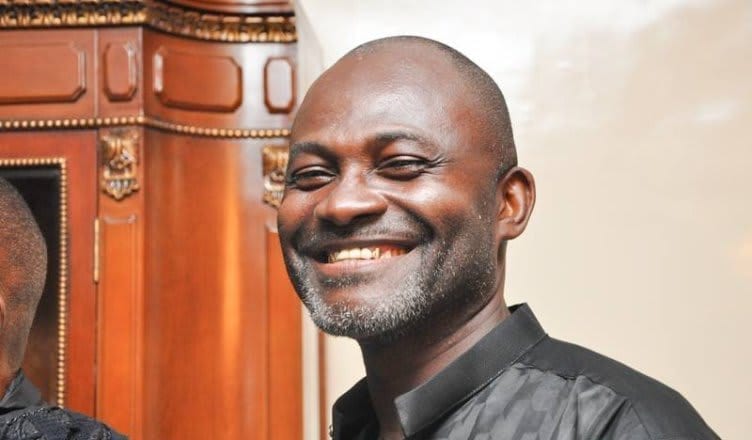The recent legal battle between Ghanaian investigative journalist Anas Aremeyaw Anas and former Member of Parliament Kennedy Agyapong has sparked significant public discourse, raising critical questions about freedom of the press, defamation laws, and the complex relationship between journalists and politicians. The saga began with Agyapong’s accusations against Anas, leading to a defamation lawsuit in a U.S. federal court. A jury initially sided with Anas, awarding him a substantial $18 million in damages. However, this decision underwent a dramatic shift when Agyapong’s legal team successfully argued for a remittitur, a legal process by which a judge can reduce the amount of damages awarded by a jury. The judge, while upholding the jury’s finding of defamation, deemed the initial award excessive and drastically reduced it to a mere $500.
This dramatic reduction in the awarded damages has become a focal point of the ongoing controversy. Agyapong, in a widely circulated video, reacted to the ruling with apparent amusement, sarcastically offering to pay Anas $5,000 – ten times the court-mandated amount. This gesture, interpreted by many as dismissive and mocking, further fueled the already heated debate surrounding the case. It underscored the existing tensions between the two figures and highlighted the broader issue of powerful individuals potentially using their influence to challenge journalistic scrutiny. The video also served to amplify the conversation around the adequacy of legal remedies in defamation cases, particularly when they involve public figures. The question arises whether such a reduced award truly reflects the damage done to a journalist’s reputation and the potential chilling effect on investigative reporting.
Anas, for his part, has maintained that his pursuit of the case was never primarily about monetary compensation. He emphasized that his focus has consistently been on the pursuit of truth and justice, framing the legal victory, regardless of the financial award, as a vindication of his journalistic integrity. He reiterated that Agyapong had failed to substantiate any of the allegations made against him in court, highlighting the importance of due process and the burden of proof in defamation cases. This stance reinforces the principle that journalists should not be intimidated by legal threats or financial pressures when pursuing investigations into potentially sensitive matters. It underscores the role of investigative journalism in holding powerful individuals accountable and ensuring transparency in public life.
Anas’s intention to appeal the court’s decision to reduce the damages further complicates the narrative. While he asserts that the financial aspect is secondary, the appeal suggests a continued pursuit of appropriate recognition for the harm allegedly caused by Agyapong’s statements. This move could be interpreted as a strategic decision to set a legal precedent that discourages future attempts to stifle investigative journalism through frivolous lawsuits or aggressive legal tactics. By challenging the reduced award, Anas may be aiming to establish a stronger legal framework that protects journalists from undue financial pressures and safeguards their ability to hold the powerful accountable.
The differing perspectives of Anas and Agyapong represent a broader clash between those who champion investigative journalism as a cornerstone of a healthy democracy and those who view it as a potential threat to their power or interests. Agyapong’s dismissive reaction and Anas’s unwavering commitment to his work highlight the ongoing struggle between those seeking to expose corruption and those who might be subject to such scrutiny. This tension underscores the crucial role of independent judiciaries and robust legal frameworks in mediating these conflicts and ensuring that justice is served. The case raises fundamental questions about the balance between freedom of speech and the right to protect one’s reputation, especially in the context of public figures and matters of public interest.
This case transcends the individual dispute between Anas and Agyapong, resonating with broader concerns about press freedom and the challenges faced by journalists, particularly in developing democracies. It serves as a stark reminder of the pressures and risks faced by those who strive to uncover corruption and hold powerful individuals accountable. The relative ease with which the initial award was significantly reduced raises questions about the effectiveness of legal mechanisms in protecting journalists from defamation suits that might be strategically used to silence them. The ongoing legal battle highlights the need for continued vigilance in safeguarding press freedom and ensuring that journalists can operate without fear of undue reprisal. The outcome of the appeal and the subsequent public discourse will undoubtedly shape the future landscape of investigative journalism in Ghana and potentially influence similar cases in other parts of the world.


